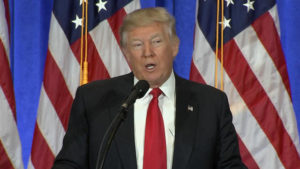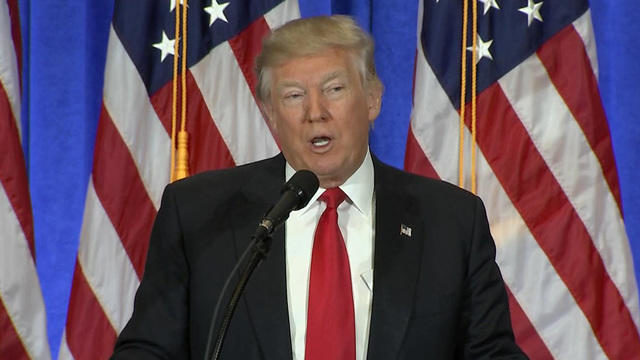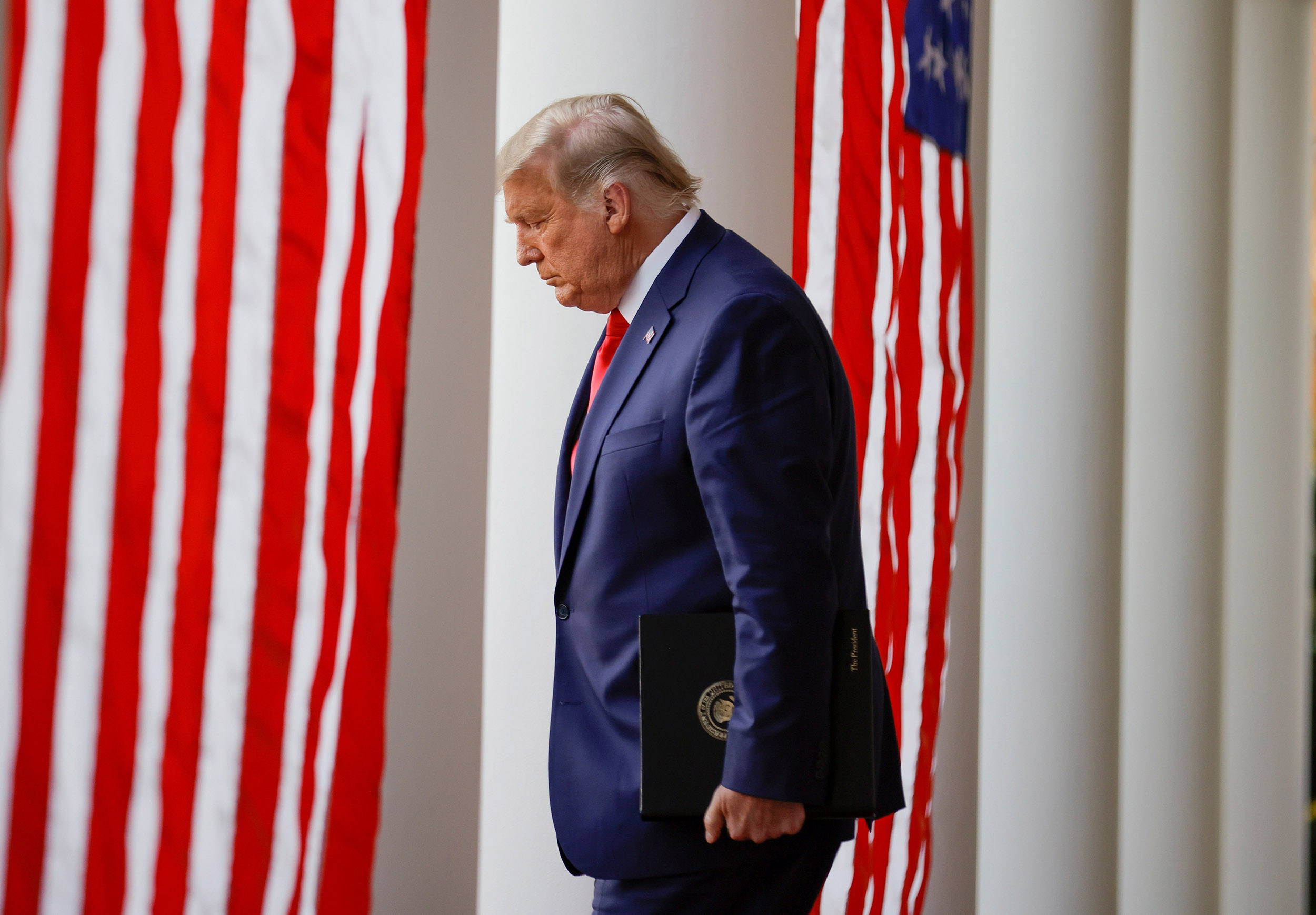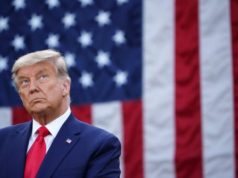 Donald Trump vowed Wednesday to forge ahead with plans for a wall on the southern US border after taking office, and said Mexico would reimburse the United States for the cost.”I could wait about a year and a half until we finish our negotiations with Mexico, which we’ll start immediately after we get to office, but I don’t want to wait,” Trump told a news conference.”We’re going to start building,” he said. “Mexico in some form — and there are many different forms — will reimburse us.”
Donald Trump vowed Wednesday to forge ahead with plans for a wall on the southern US border after taking office, and said Mexico would reimburse the United States for the cost.”I could wait about a year and a half until we finish our negotiations with Mexico, which we’ll start immediately after we get to office, but I don’t want to wait,” Trump told a news conference.”We’re going to start building,” he said. “Mexico in some form — and there are many different forms — will reimburse us.”
“That will happen. Whether it’s a tax or whether it’s a payment.”Mexican officials have strongly denied that they will do so, however. The country’s new foreign minister, Luis Videgaray, said Tuesday that there is “no way” his country will pay for such a wall, though he said he was ready to negotiate with the Trump administration.
The Mexican peso fell 0.9 percent after the Trump press conference before regaining some of its losses. It has fallen since Trump’s election on November 8.
Videgaray was named foreign minister by President Enrique Pena Nieto, in part with the mission of improving relations with the incoming Trump administration, which were severely tested when then-candidate Trump called Mexican migrants “rapists” and drug dealers.
US media reported last Friday that Trump’s transition team and Republicans in Congress were considering a plan to fund the wall in April, but Trump later tweeted that Mexico would end up paying for it.
The Republican billionaire, who takes office on January 20, has threatened to fund the wall by tapping into the billions of dollars in remittances that Mexican migrants send back home.
Videgaray said “nobody can illegally confiscate the funds of Mexicans.” He said Mexico would negotiate with the Trump team to “protect the free flow of remittances.”
The cost of building a border wall — which might end up being more fence than wall, analysts say — has been estimated at up to $25 billion.
Even some Trump cabinet nominees have said they are unsure how effective it might be.
Retired general John Kelly, the president-elect’s pick as secretary of homeland security, told a Senate committee on Tuesday that “a physical barrier in and of itself will not do the job.”
Courtesy: THE GUARDIAN







